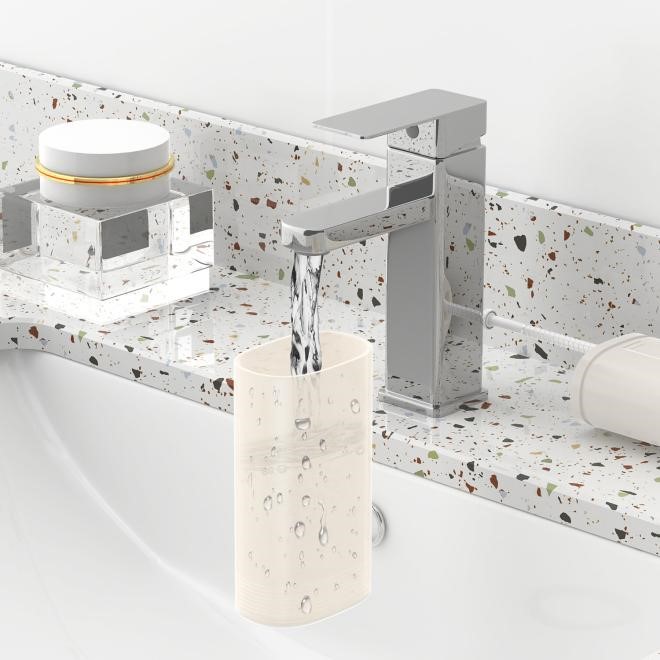How Doctors Customize Oral Irrigators For Their Patients

When you go to the dentist for an oral health appointment, the doctor will use a special tool called an oral irrigator to help clean your teeth. This article teaches how doctors can use these oral irrigator customizations to suit their patient’s needs.
What are oral irrigators, and how they work
Oral irrigators are small, portable devices that use a jet of water to moisten and clean teeth. Dentists use them to treat various dental problems, including tooth decay, gum disease, and oral cancer. Oral irrigators use a small stream of water to break up and loosen deposits on the teeth. The device then uses the stream of water to sweep these deposits away from the teeth.
Who would benefit from an oral irrigator?
Oral irrigators are beneficial for a variety of patients. They are especially helpful for people with limited jaw movement due to conditions such as arthritis, cerebral palsy, or fibromyalgia. Oral irrigators can also be helpful for people who have difficulty swallowing due to conditions like Crohn’s disease or GERD. Oral irrigators can also benefit people who have trouble chewing because of cancer chemotherapy or radiation therapy. Finally, oral irrigators can be helpful for children who have speech delays or pediatric dental problems that make regular oral care difficult or impossible.
How do doctors customize the oral irrigator to their patient’s needs?
Oral irrigators come in many shapes and sizes to fit various needs. For example, depending on the patient’s specific needs, doctors may customize the irrigator to provide the water and pressure needed to cleanse teeth and gums.
Doctors typically perform a clinical evaluation on each individual to ensure that an oral irrigator provides the best possible care for their patients. This evaluation includes considering factors such as the patient’s age, medical history, dental status, and oral hygiene habits. In addition, doctors may also recommend different types of irrigators based on these findings.
Most oral irrigators use a high-pressure stream of water to clean teeth and gums. Some models also include special tips that reach deep between teeth and into tooth pockets. Irrigators with multiple tips allow doctors to custom-tailor the therapy for each patient.





